Back to Courses
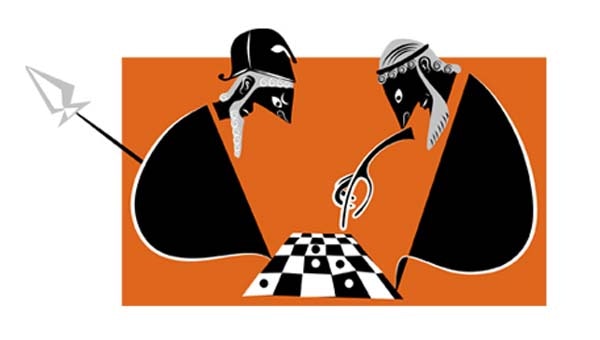
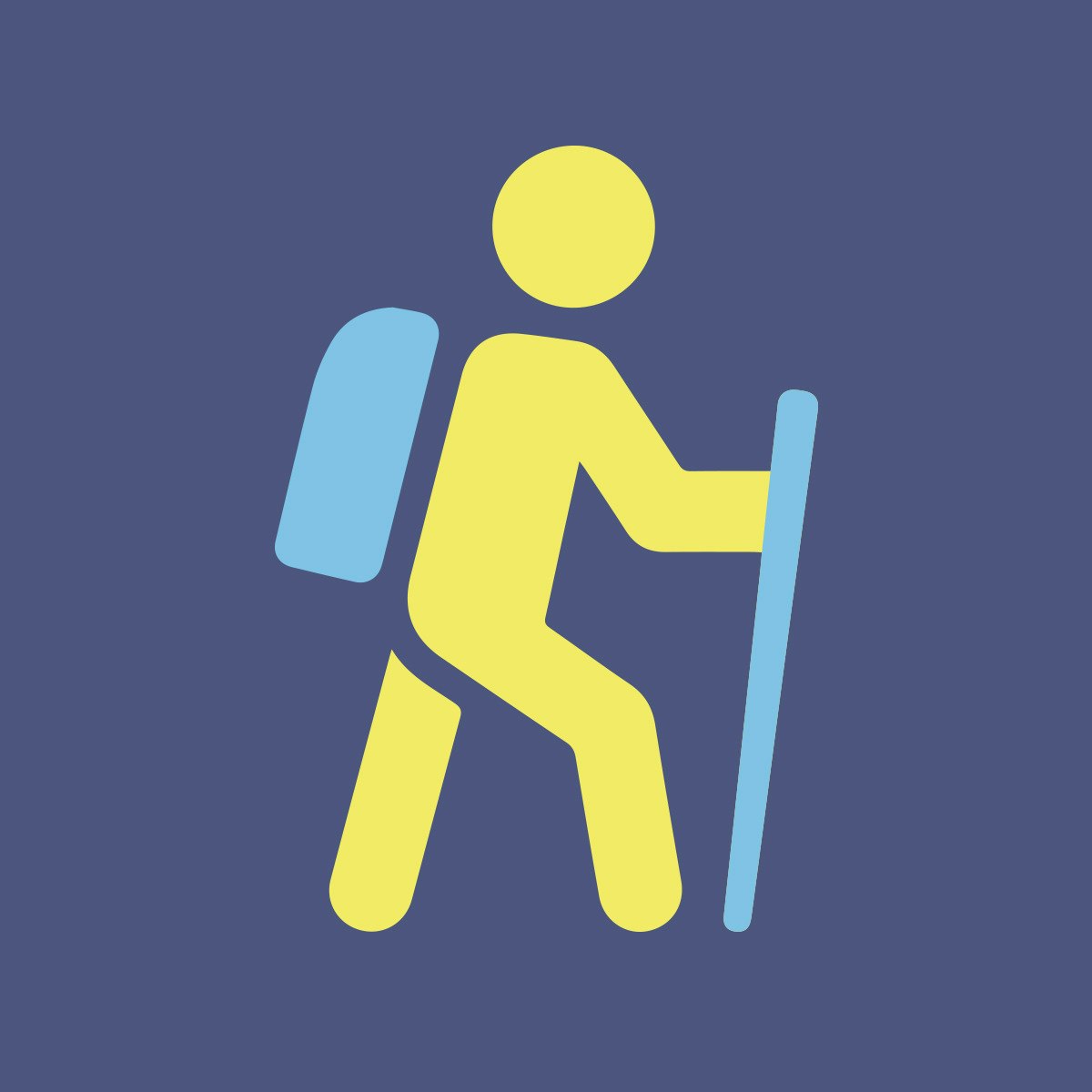
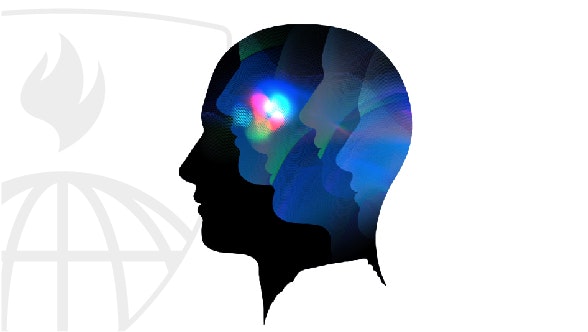

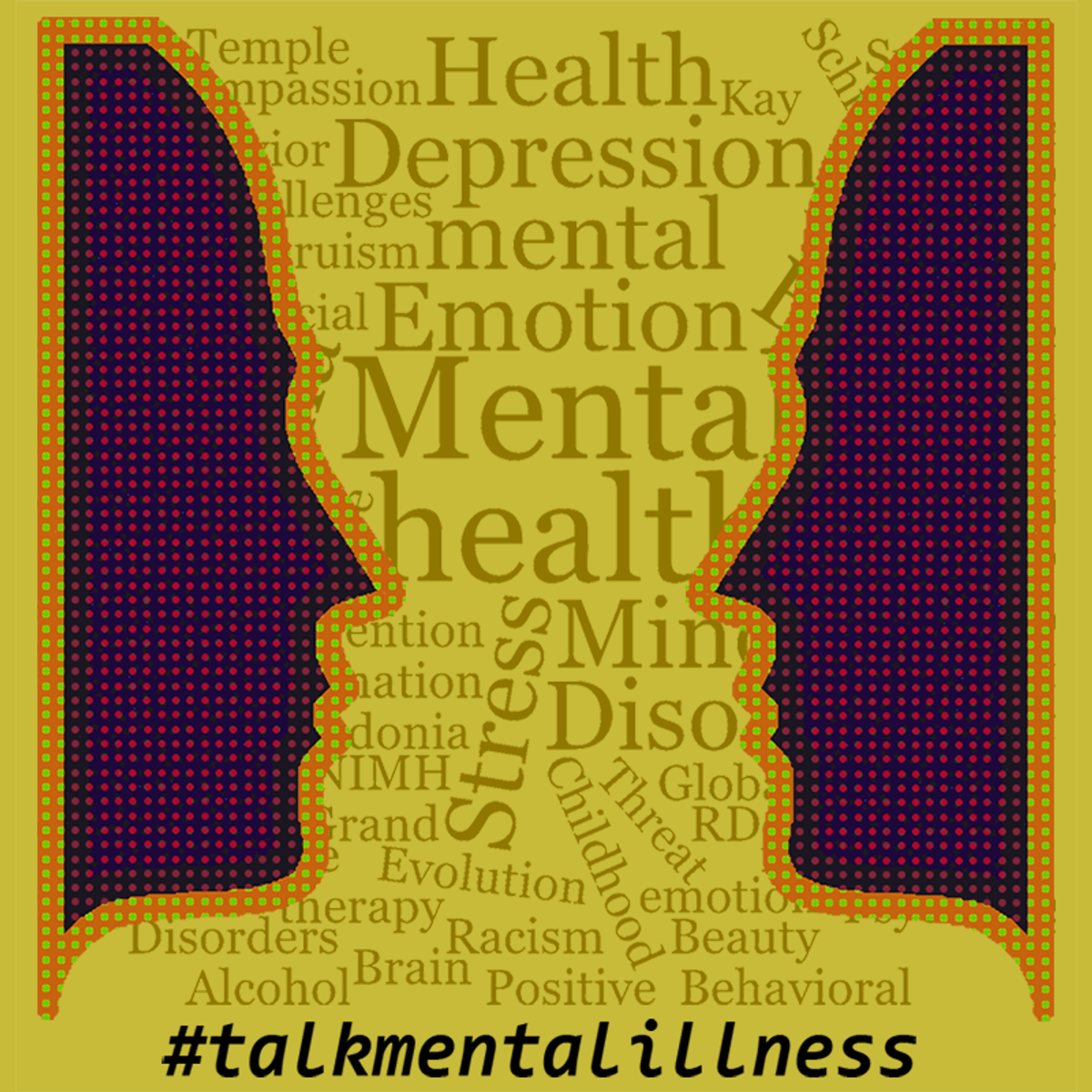
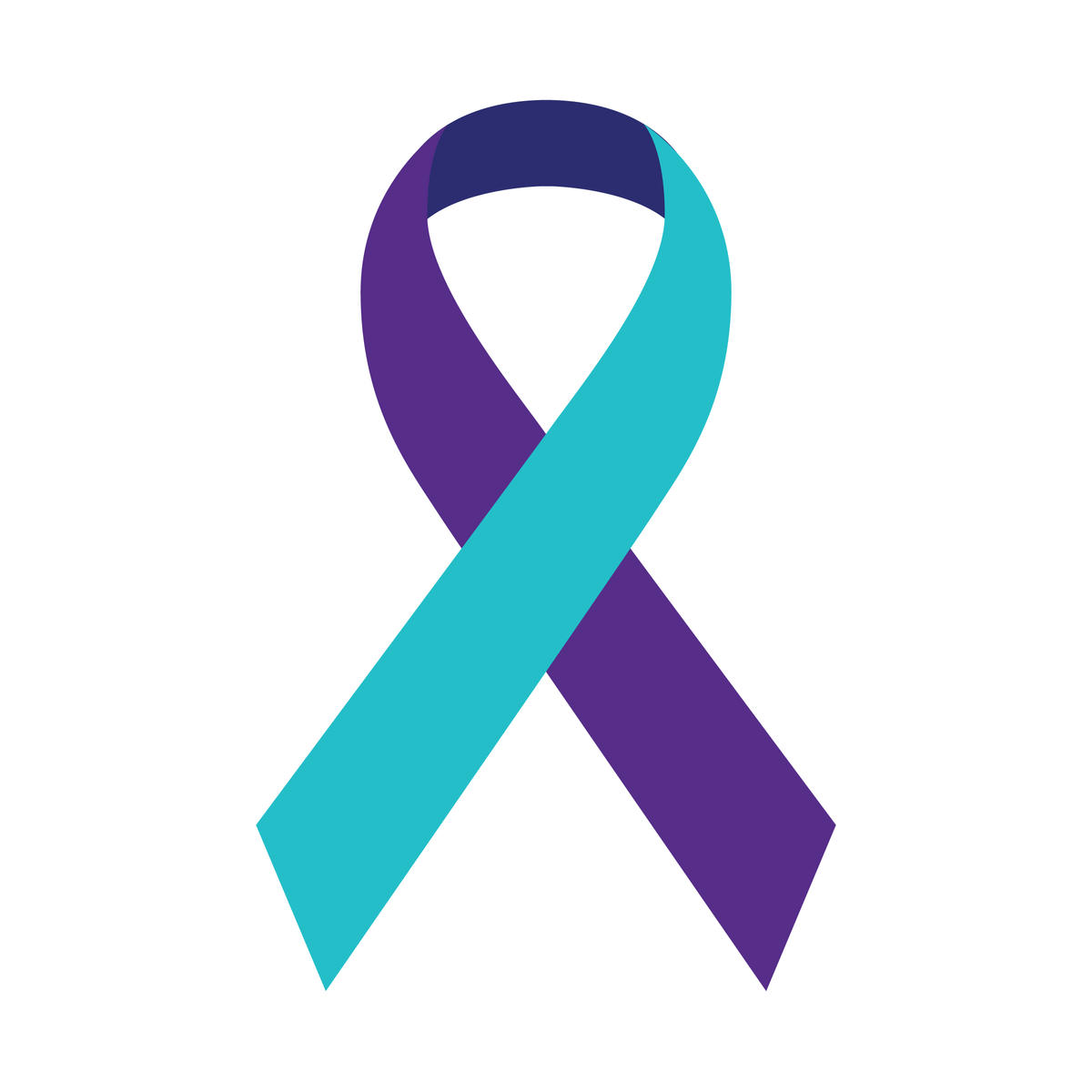


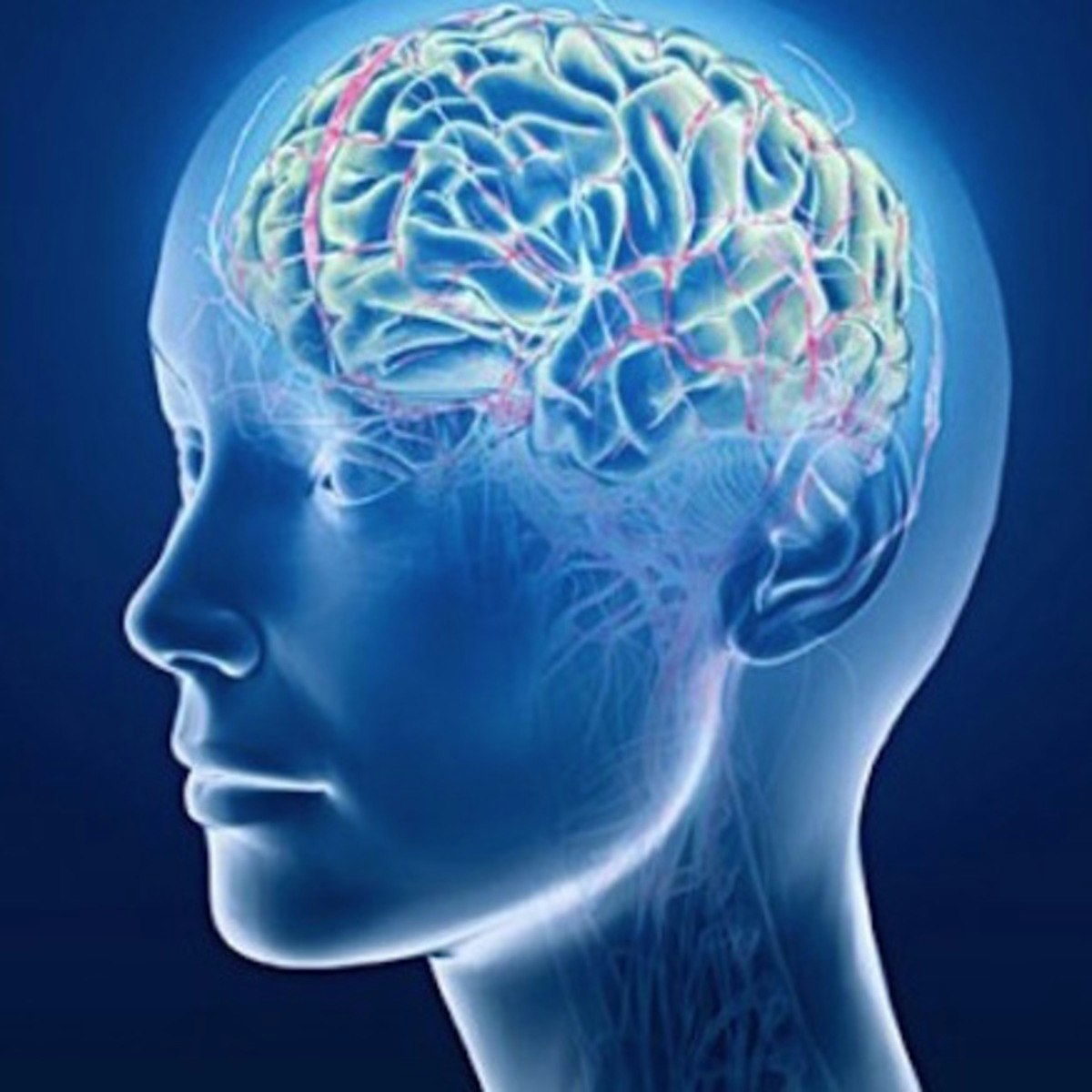
Psychology Courses
Showing results 1-10 of 77
Positive Psychology Specialization Project: Design Your Life for Well-being
You are encouraged to take the first four courses of the Foundations of Positive Psychology Specialization before starting this course and completing the Specialization Project. This course, taught by Dr. Martin E.P. Seligman brings all the key concepts from the first four courses to practice as you develop and test a new positive intervention for an audience of your choice. You identify opportunities in your daily life to increase the wellbeing by using knowledge you developed in the first four courses of the Specialization. In this final project, you evaluate the efficacy of a positive intervention based on subjective and objective measures. Then, you compare how empirical and non-empirically-based positive interventions can be applied to influence a person's wellbeing. Lastly, you reflect on how the fundamental elements of research methods are important in the everyday application of positive psychology.
After completing all five courses, learners earn a certificate signed by Dr. Martin E.P. Seligman, Dr. James Pawelski, Dr. Angela Duckworth, Dr. Claire Robertson-Kraft and Dr. Karen Reivich.

Reason and Persuasion: Thinking Through Three Dialogues By Plato
In this course we study the ancient, Socratic art of blowing up your beliefs as you go, to make sure they're built to last. We spend six weeks studying three Platonic dialogues - "Euthyphro", "Meno", "Republic" Book I - then two weeks pondering a pair of footnotes to Plato: contemporary moral theory and moral psychology.
Platonic? Socratic? Socrates was the teacher, but he said he never did. Plato was the student who put words in his teacher's mouth. You'll get a feel for it.
We have a book: the new 4th edition of "Reason and Persuasion", by the instructor (and his wife, Belle Waring, the translator.) It contains the Plato you need, plus introductory material and in-depth, chapter-length commentaries. (Don't worry! John Holbo knows better than to read his book to the camera. The videos cover the same material, but the presentation is different.)
The book is offered free in PDF form - the whole thing, and individual chapter slices. It is also available in print and other e-editions. See the course content for links and information.
The course is suitable for beginning students of Plato and philosophy, but is intended to offer something to more advanced students as well. We seek new, odd angles on old, basic angles. Tricky! The strategy is to make a wide-ranging, interdisciplinary approach. Lots of contemporary connections, to make the weird bits intuitive; plus plenty of ancient color, still bright after all these years. So: arguments and ideas, new possibilities, old stories, fun facts. Plus cartoons.
The results can get elaborate (some book chapters and some lesson videos run long.) But each video comes with a brief summary of its contents. The lessons progress. I put them in this order for reasons. But there's no reason you can't skip over and around to find whatever seems most interesting. There are any number of self-contained mini-courses contained in this 8-week course. You are welcome to them.
Plato has meant different things to different people. He's got his own ideas, no doubt. (Also, his own Ideas.) But these have, over the centuries, been worn into crossing paths for other feet; been built up into new platforms for projecting other voices. (Plato did it to Socrates, so fair is fair.) So your learning outcome should be: arrival somewhere interesting, in your head, where you haven't been before. I wouldn't presume to dictate more exactly.
Positive Psychology: Character, Grit and Research Methods
Learners discover how apply to research methods to their study of Positive Psychology. In this course, we study with Dr. Angela Duckworth and Dr. Claire Robertson-Kraft. Through an exploration their work "True Grit" and interviews with researchers and practitioners, you develop a research hypothesis and learn how to understand the difference between internal and external validity. You also begin to understand and apply the strengths and weaknesses associated with different types of measurements and evaluation designs. You then interpret the results in an empirical study. Suggested prerequisites: Positive Psychology: Martin E. P. Seligman’s Visionary Science and Positive Psychology: Applications and Interventions.

Major Depression in the Population: A Public Health Approach
Public Mental Health is the application of the principles of medicine and social science to prevent the occurrence of mental and behavioral disorders and to promote mental health of the population. This course illustrates the principles of public health applied to depressive disorder, including principles of epidemiology, transcultural psychiatry, health services research, and prevention. It is predicted that by 2020 depressive disorder will be the most important cause of disease burden in the entire world! Every human being suffers from feeling depressed at some point or other, but only about one fifth of the population will experience an episode of depressive disorder over the course of their lives. This course illuminates the public health approach to disease, and the particular complexities of applying this approach to mental disorders, using depression as the exemplar.

Promoting Accessible Workplaces with Assistive Technology
Workplaces and educational institutions are becoming increasingly aware of the importance of inclusivity in their forces, and there are significant efforts being made to promote cultures of inclusivity. Despite that, the needs of disabled workers and students remain largely overlooked by a working society of abled persons even though great advances have been made in widely available Assistive Technology. In this course, learners will gain increased awareness of many types of disabilities represented in the workforce and educational institutions. Learners will learn about the Assistive Technology (AT) tools built into Microsoft and Windows products, including screen readers, Immersive Reader, Accessibility Checker, etc. as well as how to instruct in their use. Learners will become proficient in inclusive communication practices in the workplace or classroom by learning to construct accessible written materials and presentations. The course will offer audiovisual storytelling to encourage active learning about a world outside of “abled privilege.”

#talkmentalillness
I am a professor and mental health researcher and educator, and I’ve been working in the field for over 15 years. Like so many of my colleagues, however, I was unprepared for the wave of mental health challenges that would face our society in 2020. From COVID-19 and the devastating economic impacts of the pandemic to racial justice protests, widespread natural disasters, our current cultural moment presents unprecedented mental health concerns, and particularly for marginalized communities. For this reason, I led a field-wide call to action for mental health research and treatment that resulted in this #TalkMentalIllness course. I had the opportunity to speak to over 30 experts from different domains in psychology research, practice, and popular public figures and to discuss the causes and cutting-edge treatments for many serious disorders, the stigma surrounding mental illness in our culture, systemic inequality in mental health treatment, and the mental health challenges of today.
#talkmentalillness curates the interviews from the Mental Health Experts series into an accessible learning experience that will help you have conversations about mental health. Talking about mental illness is both the content and desired outcome of this course, as you will use what you learn from my interviews with mental health experts to guide your own discussions about mental health challenges and treatments with family members, friends, colleagues, and other people in your life. The course will begin by presenting a core set of definitions for mental illness and analyzing the stigma associated with it. We will then apply these topics to specific psychological disorders, including anxiety and mood disorders, eating disorders, suicide, substance use, and psychosis. We will then consider how these issues disproportionately impact marginalized groups and communities of color. The course will conclude by considering innovative approaches to psychological treatments and how the pursuit and science of happiness inform mental health and wellness.
This course is part of a broader educational mission to share the science of mental illness with both students and the public, both locally and globally. I have designed and created it in collaboration with the Office for Academic Innovation and Libraries’ Media Services Team at the University of Colorado Boulder.
- June Gruber

Suicide Prevention
This course will explore the science of suicide research, prevention, and intervention. The field of suicide research is young and knowledge is rapidly changing. Topics will include terminology, epidemiology, historical and contemporary theories of suicide, modern approaches to suicide research, empirically supported approaches to prevention and intervention, the lived experiences of those with suicidal thoughts and attempts. Note: this course is not designed to address personal experiences with suicidal thoughts, suicide loss, or mental illness nor will it address assessing suicide risk among friends or family members. If you are thinking about suicide or are worried about someone else – please contact your local suicide prevention crisis center as soon as possible. Your life matters and help is available.
Each module will include a quiz. The last module’s quiz will be cumulative.

Introduction to Integrative Therapies and Healing Practices
This introductory course provides a framework for incorporating integrative therapies into your work with clients or patients. By the end of the course, you will be able to assess if integrative therapies are good options in specific situations, as well as educate patients and colleagues about benefits and risks. You will be confident discussing the evidence base for integrative therapies in general, with an understanding of some of the challenges of research in this area, and able to identify reliable sources of evidence-based information. You will leave with the skills to partner with patients or clients around use of these therapies and a plan to introduce integrative therapies in your work or other setting.
Continuing Education Credit
This course has been designed to meet Minnesota Board of Nursing continuing education requirements for 15 contact hours and may be eligible for CE credit from other professional boards that allow self-documenting of continuing education activities. It is your responsibility to check with your regulatory board to confirm this course meets your local requirements and, if necessary, to provide them with the certificate of completion you get if you pay for and fulfill all the requirements of this course.

Science Literacy
Fake news or good science? In a world where we have access to unlimited information, it is hard to sift through the echo chamber of opinions fueled by emotions and personal biases, rather than scientific evidence. Science Literacy will teach you about the process of science, how to think critically, how to differentiate science from pseudoscience, how indigenous wisdom can inform science, how to understand and design a scientific study, and how to critically evaluate scientific communication in the media. Every module will build your new skill-base with real life examples, and at the end of each module you will have to apply these skills to scientific questions, talking points and controversies in the world. Warning: this course requires an open mind and the ability to self-reflect.
In Science Literacy, you’ll hear from special guests:
Timothy Caulfield, Canada Research Chair in Health Law and Policy and star of Netflix’s “A User's Guide to Cheating Death” on pseudoscience
Dr. Torah Kachur, Scientist and CBC journalist on science communication (and miscommunication!)
Christian Nelson, Citizen Scientist and creator of Edmonton Weather Nerdery, on experimental design
Metis Elder Elmer Ghostkeeper and Cree Elder Kokum Rose Wabasca, on the holistic nature of Indigenous wisdom and how it can work with the scientific process
Associate Professor in Psychology, Dr. David Rast on uncertainty and decision making
The Brain and Space
This course is about how the brain creates our sense of spatial location from a variety of sensory and motor sources, and how this spatial sense in turn shapes our cognitive abilities.
Knowing where things are is effortless. But “under the hood,” your brain must figure out even the simplest of details about the world around you and your position in it. Recognizing your mother, finding your phone, going to the grocery store, playing the banjo – these require careful sleuthing and coordination across different sensory and motor domains. This course traces the brain’s detective work to create this sense of space and argues that the brain’s spatial focus permeates our cognitive abilities, affecting the way we think and remember.
The material in this course is based on a book I've written for a general audience. The book is called "Making Space: How the Brain Knows Where Things Are", and is available from Amazon, Barnes and Noble, or directly from Harvard University Press.
The course material overlaps with classes on perception or systems neuroscience, and can be taken either before or after such classes.
Dr. Jennifer M. Groh, Ph.D.
Professor
Psychology & Neuroscience; Neurobiology
Duke University
www.duke.edu/~jmgroh
Jennifer M. Groh is interested in how the brain process spatial information in different sensory systems, and how the brain's spatial codes influence other aspects of cognition. She is the author of a recent book entitled "Making Space: How the Brain Knows Where Things Are" (Harvard University Press, fall 2014).
Much of her research concerns differences in how the visual and auditory systems encode location, and how vision influences hearing. Her laboratory has demonstrated that neurons in auditory brain regions are sometimes responsive not just to what we hear but also to what direction we are looking and what visual stimuli we can see. These surprising findings challenge the prevailing assumption that the brain’s sensory pathways remain separate and distinct from each other at early stages, and suggest a mechanism for such multi-sensory interactions as lip-reading and ventriloquism (the capture of perceived sound location by a plausible nearby visual stimulus).
Dr. Groh has been a professor at Duke University since 2006. She received her undergraduate degree in biology from Princeton University in 1988 before studying neuroscience at the University of Michigan (Master’s, 1990), the University of Pennsylvania (Ph.D., 1993), and Stanford University (postdoctoral, 1994-1997). Dr. Groh has been teaching undergraduate classes on the neural basis of perception and memory for over fifteen years. She is presently a faculty member at the Center for Cognitive Neuroscience and the Duke Institute for Brain Sciences at Duke University. She also holds appointments in the Departments of Neurobiology and Psychology & Neuroscience at Duke.
Dr. Groh’s research has been supported by a variety of sources including the John S. Guggenheim Foundation, the National Institutes of Health, the National Science Foundation, and the Office of Naval Research Young Investigator Program, the McKnight Endowment Fund for Neuroscience, the John Merck Scholars Program, the EJLB Foundation, the Alfred P. Sloan Foundation, the Whitehall Foundation, and the National Organization for Hearing Research.
Popular Internships and Jobs by Categories
Find Jobs & Internships
Browse
© 2024 BoostGrad | All rights reserved